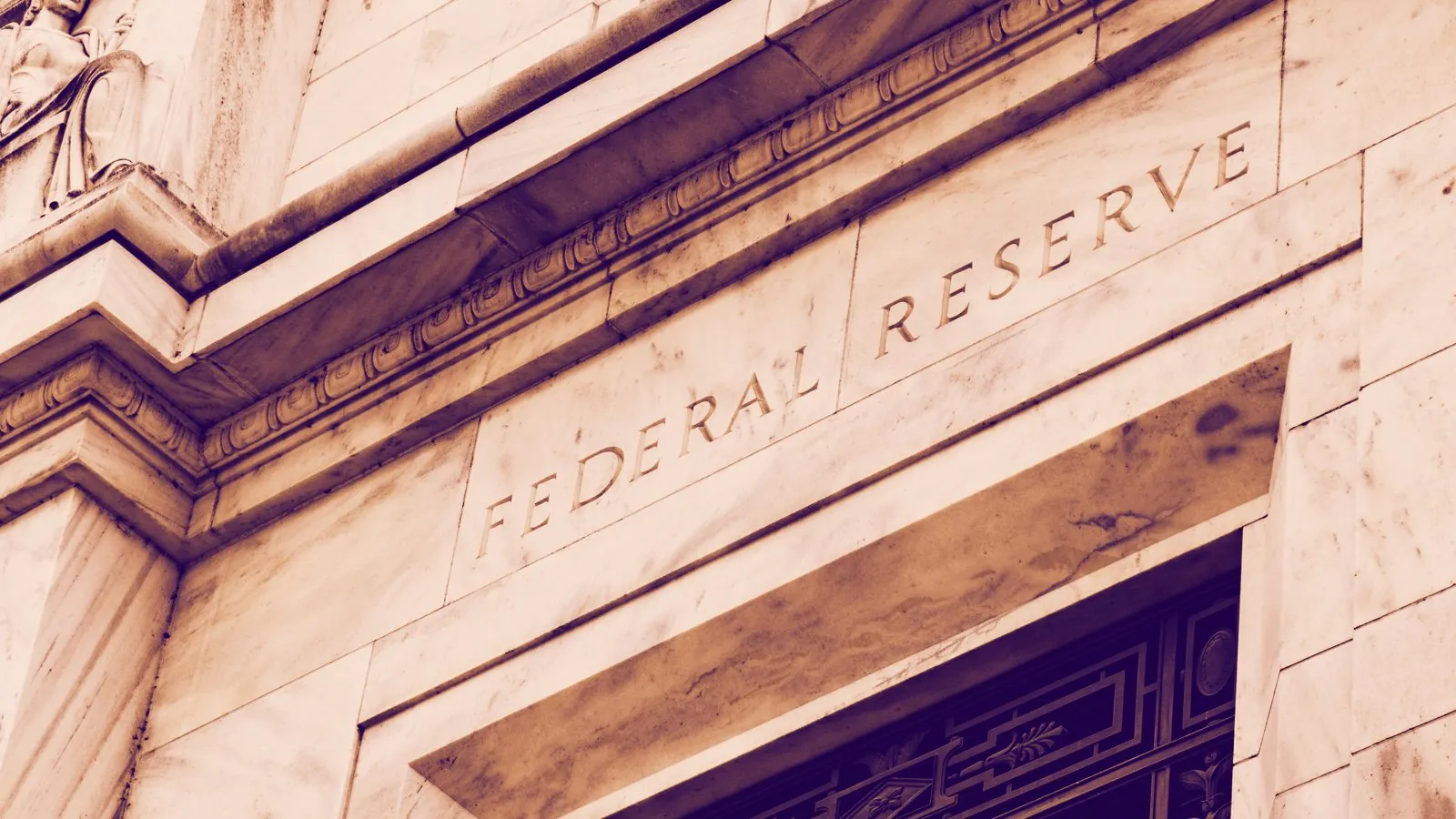Senior staff at the Federal Reserve will no longer be able to hold cryptocurrencies, among other assets such as stocks, according to an announcement today.
In a Friday statement from the Federal Open Market Committee (FOMC), the branch of the Fed that determines the direction of monetary policy, the new rules laid out for “investment and trading activity of senior officials.”
The FOMC said that senior Federal Reserve officials can no longer buy crypto, individual stocks or sector funds, or hold investments in individual bonds, agency securities, commodities, or foreign currencies. They also can’t enter into derivatives contracts, and engage in short sales or purchasing securities on margin.
“The rules, which were first announced in October 2021, aim to support public confidence in the impartiality and integrity of the Committee's work by guarding against even the appearance of any conflict of interest,” said the FOMC.
The rules were introduced as a result of increased security over the U.S. central bank: a number of high ranking Fed officials last year made headlines and later resigned after their trading activity emerged.
One official, Federal Reserve Bank of Dallas President Robert Kaplan, made multiple million-dollar-plus stock trades during the pandemic when the central bank was working to introduce measures to help the economy. In October, Senator Elizabeth Warren (D-Mass.) described a “culture of corruption” in the central bank because of apparent “conflicts of interest.”
Officials covered by the new rules will have 12 months from the effective date of the rules to dispose of any holdings, while newly covered officials will have six months, the statement said.
“The rules will take effect on May 1, 2022 except that the requirements for advance notice and pre-clearance of transactions will take effect on July 1, 2022,” added the statement.
The new rules will apply to board members and Reserve Bank presidents, Reserve Bank first vice presidents, Reserve Bank research directors, FOMC staff officers, the manager and deputy manager of the System Open Market Account, Board division directors who regularly attend Committee meetings, any other individual designated by the Chair, and to the spouses and minor children of these individuals.

